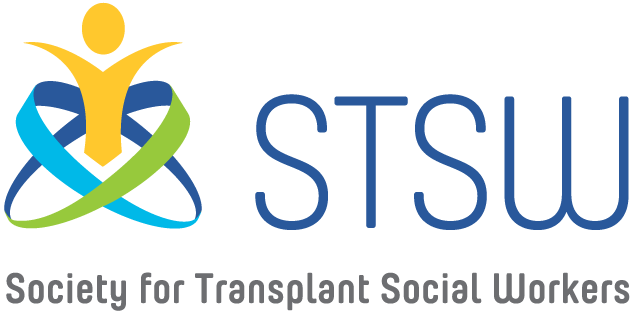- Home
- Credentials
- About Credentials
Credentials
| Quick Links>> Eligibility Question? Email credentialing@stsw.org |
Purpose Statement
- to recognize individuals who have met professional standards and who possess clinical expertise based on specialized knowledge, skills, and experience in transplantation and/or mechanical circulatory support
- to help members of the Society for Transplant Social Workers distinguish themselves in today’s competitive market
- to enhance professional and public recognition
- to reassure patients and their families of professional social work services specific to transplantation and mechanical circulatory support
- to increase awareness of transplant and mechanical circulatory support social work as highly specialized, professional classifications of clinical social work
- to provide a mechanism for the attainment of a professional distinction
- to promote professionalism within the transplant and mechanical circulatory support social work community
